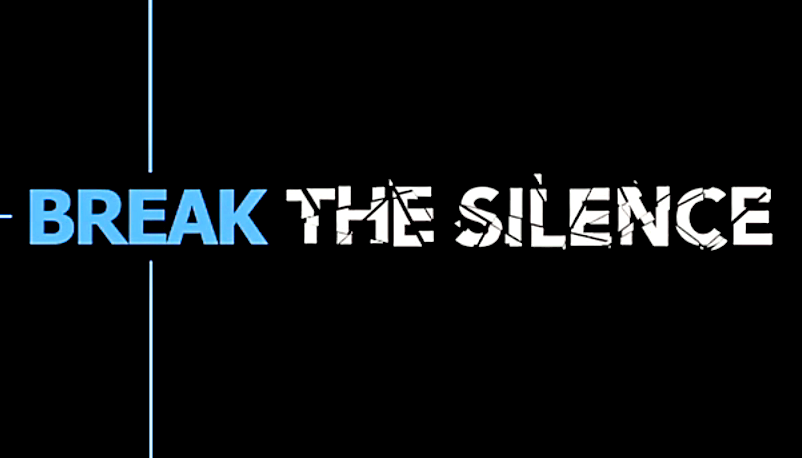No Contact Orders
No Contact Orders
The Office of Student Conduct can issue a No Contact Order (NCO) as a preventative measure when in receipt of reports alleging certain violation(s) of the Code of Student Conduct, meaning that it can be issued even in cases where a respondent has not been found formally responsible for violating University policy. The NCO will usually state that the university has received a report stating that the individual may have been involved in a situation where a violation of university policy occurred and prohibiting the individual from contacting another student(s):
• In person (physical contact or visitation);
• Stalking;
• Cyber Stalking;
• Phone Calls;
• Email;
• Text Messaging;
• Facebook;
• Twitter;
• Any Third Party Communication.
The NCO will state that any contact at any time will demonstrate a violation of the student code of conduct and may also result in immediate removal from the institution. If you are the complainant of stalking, sexual harassment, threats, or sexual violence, the order may be put in place automatically by the Office of Student Conduct upon the initiation of a complaint in our office, during the course of the investigation, and possibly after the case is over. The duration of a NCO is determined by the Office of Student Conduct.
No Contact Orders are not similar to court imposed restraining orders and do not guarantee that designated parties will avoid sightings or passing interactions on the campus or local community. In some circumstances, a No Contact Order may restrict a student from parts of the campus where he/she would not have to engage in required academic activities. Students who are concerned about personal safety should contact the WKU Police Department at 270-745-2548 or Bowling Green Police at 911.
It is the position of The Office of Student Conduct that among the violations of misconduct considered to be of an especially serious nature are those that represent a threat to the safety and health of members of the University Community. These include but are not limited too, harassment, physical violence or threat of violence, non-consensual sexual contact, rape or any form of sexual violence.



